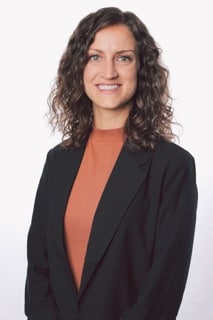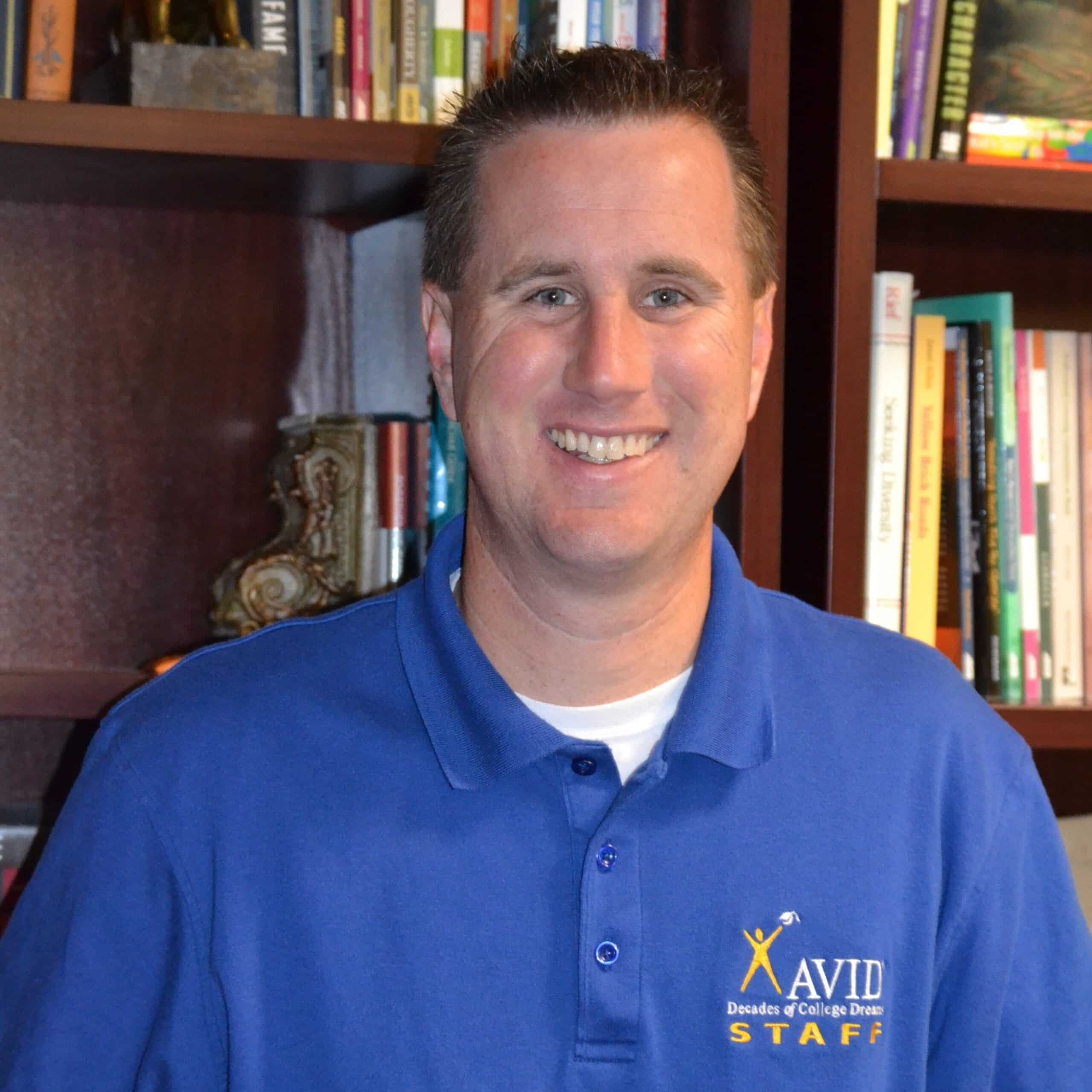Amplify Excellence Initiative: Enhancing Inclusive Career Exploration and Development
In this case study, we explore how one EALA Community of Action group devised a plan to increase engagement and success in career education for students with disabilities.
Empowering Collaboration and Innovation
In December 2023, 28 participants from diverse education sectors convened for the second annual in-person EALA Community of Action. This unique gathering provides a space for professionals to come together, solve, and fund shared challenges. They do all this within 36 hours – from meeting each other to building and establishing a shared vision to creating a shared project.
Invitees ranged from direct service providers and school and district innovators to edtech and non-profit personnel. The one commonality: each brought a critical perspective on real-world problems in education and the tenacity to propose actionable solutions.
EALA also enlisted seven individuals with expertise in education, philanthropy, and acceleration to provide guidance and coaching throughout the event. These coaches provided valuable real-time feedback to the teams while also giving critical pushes in thinking for project alignment among participants.
Following a day of fast-moving and productive sessions, participants formed working groups, cultivated project ideas, and presented their funding proposals. In this unique participatory funding model, the members of the Community of Action have the sole responsibility of deciding which projects receive funding, empowering them to take ownership of their ideas and bring them to fruition.
One such project, the “Amplifying Excellence Initiative,” funded by EALA, sought to promote inclusive career exploration and development opportunities for students with disabilities and learning differences by showcasing educator best practices in action.
Shining a Spotlight on Inclusive Career Education Practices
The “Amplifying Excellence Initiative” is a collaboration between Ben Soloman from AVID Center, an educational non-profit focused on closing opportunity gaps, and Marissa Wicklund of learning innovation and advocacy firm Getting Smart.
The pair found common ground around EALA’s Promising Practice of Transition Planning, which emphasizes the importance of facilitating opportunities for students to build knowledge and skills in preparation for adult life.
According to the Bureau of Labor Statistics, there is a more than 20% disparity between students with disabilities and students without disabilities regarding postsecondary employment rates and college enrollment and matriculation (2020).
The “Amplifying Excellence Initiative” will leverage AVID Center and Getting Smart’s platforms and EALA’s network to share influential educator stories and inspire best practices around transitioning students’ career exploration and development. Through this initiative, Ben and Marissa hope to identify and amplify the voices of educators who demonstrate excellence in inclusive career exploration and development.
Executing the “Amplifying Excellence Initiative”
AVID will tap into its extensive network of over 100,000 educators to pinpoint individuals who excel in inclusive career exploration and development. This will be achieved through a contest in which school leadership nominates teachers with outstanding performance.
Following this, Getting Smart will showcase the stories of the top five finalists through various mediums, such as blogs, podcasts, or town halls.
The final phase entails celebrating and highlighting these narratives to EALA’s, AVID’s, and Getting Smart’s partners. This celebration will be facilitated through newsletters and seamless integration into professional learning initiatives, encouraging and challenging educators to persist in closing opportunity gaps for students with disabilities and learning differences.
Advancing Equitable Career Education Nationwide
When teachers are supported in best practices, they are better able to meet their students’ needs—especially those who are historically marginalized.
By highlighting excellence in inclusive career education, the “Amplifying Excellence Initiative” hopes to spread awareness, promote educator best practices, and increase engagement and success in career exploration and development for students with disabilities and learning differences.
The initiative’s broad reach across AVID, Getting Smart, and EALA’s networks ensures nationwide exposure. This empowers students from marginalized communities, those facing economic challenges, and students with disabilities to have equitable opportunities to share their stories. The ultimate goal is to create a more inclusive career education landscape that meets the needs of all learners.
Reflections
Reflection
The “Amplifying Excellence Initiative” team had about 36 hours to turn this idea into a concept to pitch to a room full of fellow thought leaders. Since the convening, Ben and Marissa have had time to reflect on the process. Here’s what they thought: “It was empowering and encouraging to connect with so many other like-minded people and organizations. I left feeling hopeful for our country, and that we are getting incrementally closer to meeting the needs of all learners,” recalled Ben. “It was humbling to be in a room with other organizations that dedicate their work day in and day out to improving educational experiences for students with disabilities, supporting families, and shifting policy,” added Marissa. “I was also impacted by the design process of the CoA because in a matter of two days, we were able to remove distractions and become completely solutions-focused, and even though every project could not receive funding those solutions were not a waste of time because we are a now a network that can lean on each other in the future.”
What I would tell other educators/leaders interested in attending Community of Action
“I felt imposter syndrome leading up to the Community of Action,” said Ben. “‘Is AVID really right for this work? Am I the right person to lead this work?…’ As I spoke to other attendees, many felt the same way. So if that’s you, don’t let it hinder you. There’s a seat at the solution table for everyone.” “Even if your organization does not specifically work with students with disabilities and learning differences, there are many ways you can utilize what your organization does on behalf of students with disabilities,” said Marissa. “Think about the unique ways your work could intersect, and I’m sure you will find a project that you connect with that will be impactful.”
What we are still figuring out
EALA encourages and supports all attendees in developing concepts that will advance the efforts of their home organizations. Ben and Marissa are still figuring out how this project will weave into the other efforts underway at AVID and Getting Smart in a way that complements and supports their existing work.
About The Author
Marissa Wicklund is the Advocacy Manager at Getting Smart. She taught for ten years, primarily as a Special Education teacher, prior to joining the team at Getting Smart. She grew up in Kenya and has lived in several US cities since, but currently resides with her family in northern Colorado.

Ben Solomon works in the Learning Programs, Products and Services department for AVID Center, an educational non-profit focused on closing opportunity gaps. His perspective on education is influenced by his years in the classroom as a coach, Algebra teacher, and AVID teacher, as well as his experiences raising four school-aged children.
